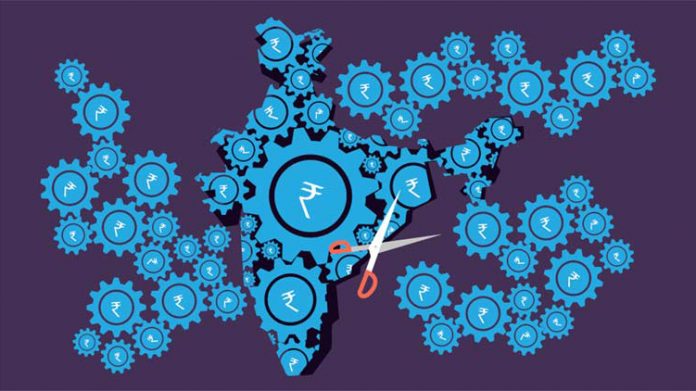India is ready to roll out its biggest tax reform possibly from July 2017. The Goods and Services Tax (GST) embodies the concept of one nation, one tax and is a destination based tax levied on the supply of goods and services. The intent of implementing GST is to eliminate the tax-on-tax imposed on goods and services, improve compliance, and consolidate several Central and State taxes, but the ease of doing business also brings in repercussions for some. Mumbai-based Trade Association of Information Technology (TAIT), the premier association of IT companies recently conducted a workshop discussing in detail with Mr. Shailesh P. Sethi, Advocate & Founder, M/s SPS Legal in the area of Indirect Tax Laws.
GST includes all forms of supply of goods and services such as sale, transfer, barter, exchange, license, rental, lease or disposal made or agreed to be made for a consideration by a person in the course or furtherance of business. For instance, an application which is downloaded by oneself from Google legally will be treated as an import of services for consideration for the furtherance of services.
Mr Shailesh P. Sethi, Advocate & Founder, M/s SPS Legal said, “GST is not merely a tax reform, it is a fundamental business reform which will change the way business activities are conducted in the country by anyone. The dual structure of GST is the compulsion of federal character of our country and therefore a unified GST across the country is not possible. It will also be applied on bundled services, for instance if one books a Shatabdi train ticket which includes meal, it is a bundle of supplies. It is a composite supply where the products cannot be sold separately. The one purchasing will not buy just the train meal and not the train ticket. The transportation of passenger is, therefore, the principal supply. Other examples will be dry fruit box, lodging services which come with food and stay package etc.”
As GST will subsume all major indirect taxes (central & state), the taxpayer will be relieved of the burden to deal with multiple tax window as is the case at present. Under GST, exports will be zero rated with a full refund of the GST paid by the exporters on their procurement of goods and services for export activities. GST will cost heavy compliance burden on the taxpayers requiring a registration in every state from where taxable activities are carried out. Every taxpayer, manufacturer, service provider, trader will be required to file minimum three returns for every registration held by him.
Further elaborating in the GST tax regime he explained that the existing origin based consumption tax such as Central Sales Tax (CST), service tax bill will be a thing of the past with the introduction of GST. Under GST, all transactions involving the inter-state supply of goods and services will be subjected to IGST but with the credit available to the recipient in another state. Presently, CST is not refundable. With a much wider availability of credit or input tax credit, GST is expected to mitigate the cascading effect of tax-on-tax to a large extent. It will help in creating a borderless common national market for goods and services and ensure a smooth movement of goods and services across the country.








